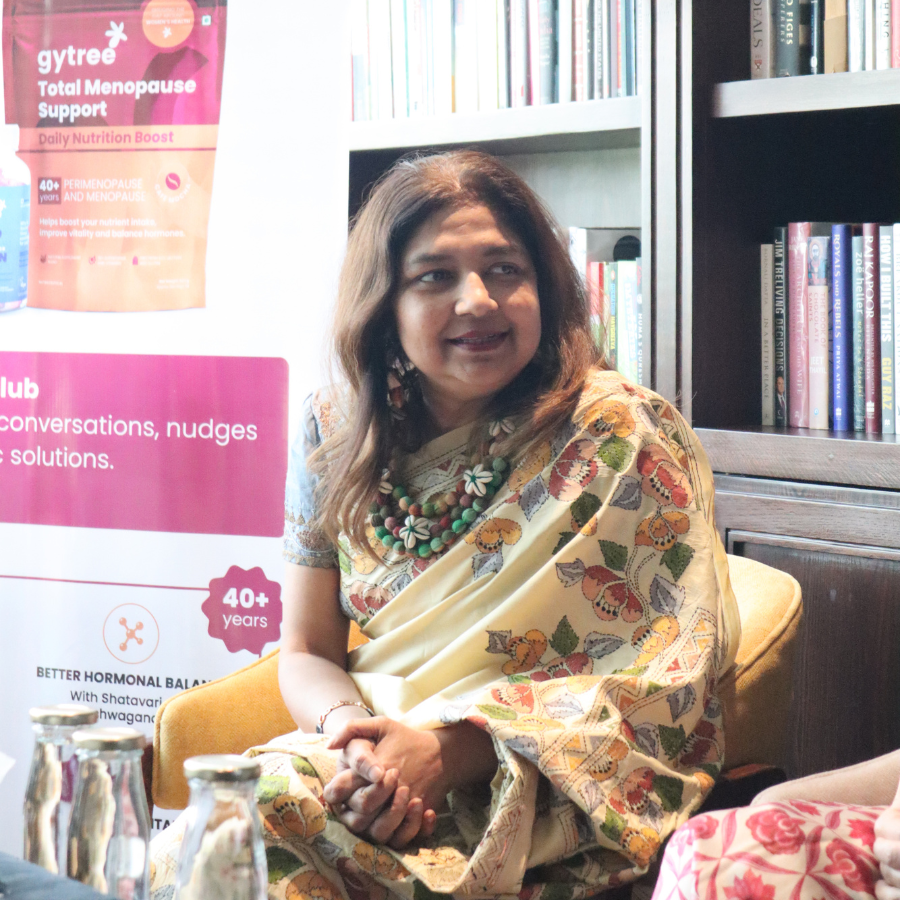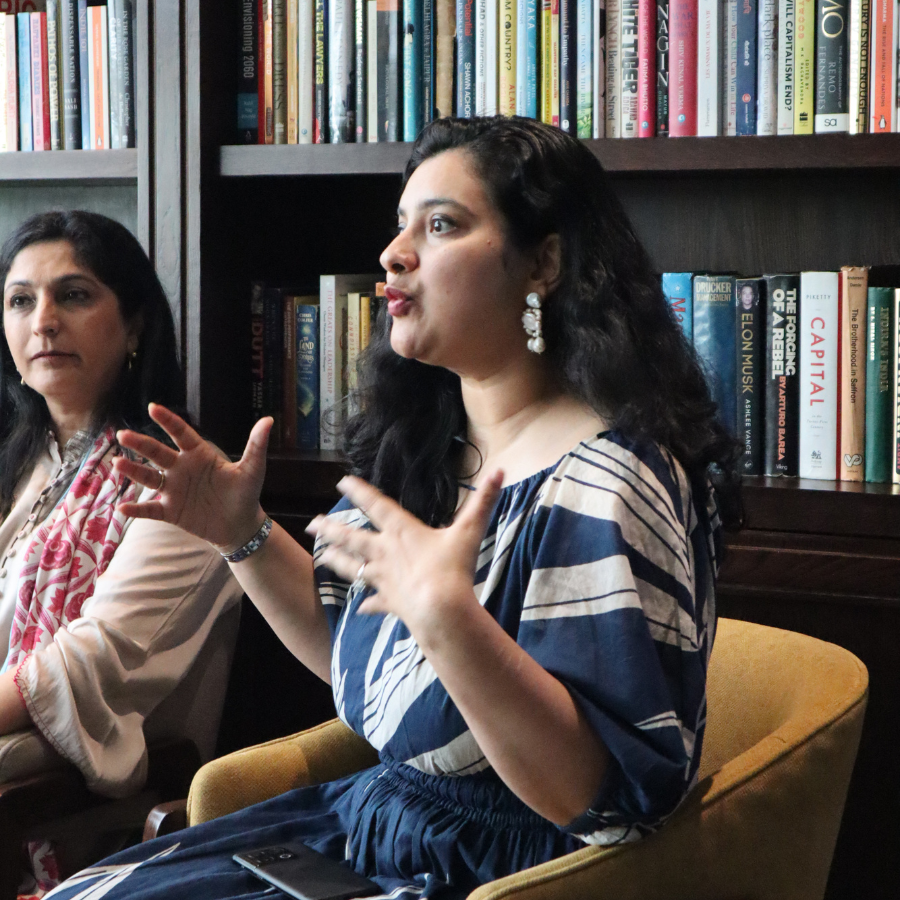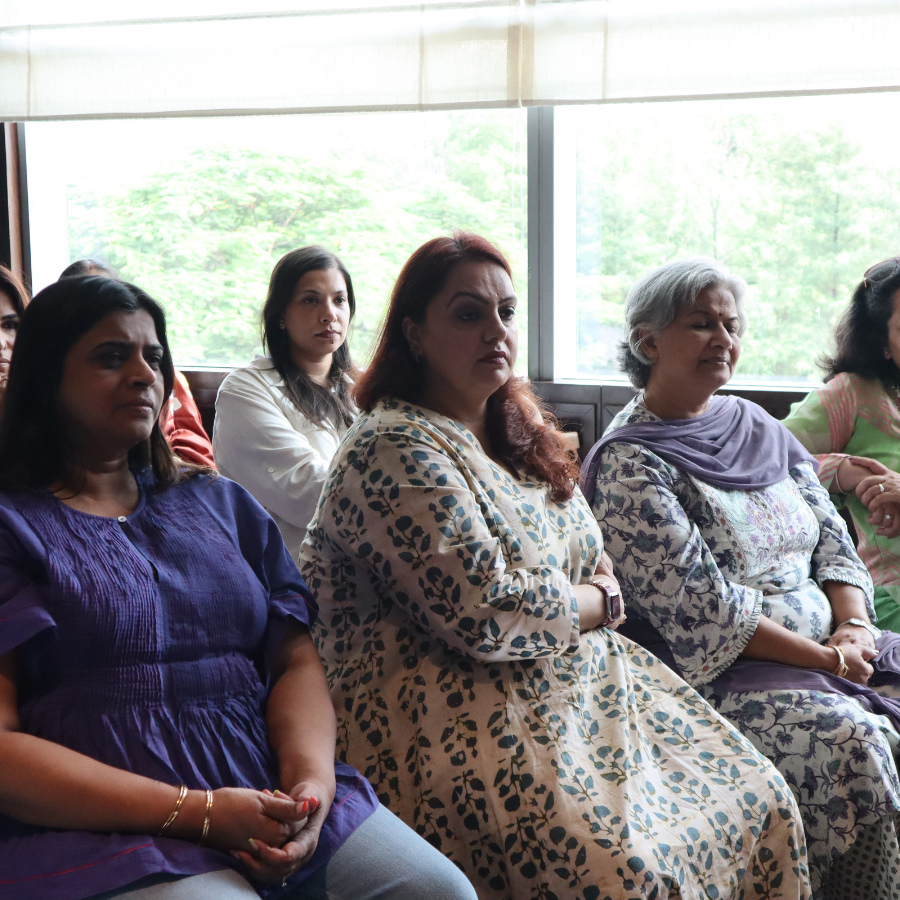Gytree Survey on Menopause
Fatigue: The Overlooked Pain Point in Peri & Menopause says new data in a first-of-its-kind survey
Key findings
Fatigue is more than just feeling tired. It’s a persistent exhaustion that affects both the mind and body.
As women cross 40 and enter perimenopause and menopause, fatigue emerges as one of the most reported and disruptive symptoms, yet it remains largely unaddressed. The latest Gytree survey highlights that 60% of women experience fatigue at this stage, making it the most common symptom, often overshadowing hot flashes, weight gain, and mood swings.

Why Does Fatigue Hit So Hard During Menopause?
Menopause-related fatigue is not just about lack of sleep—it’s deeply tied to hormonal fluctuations, metabolic changes, and nutritional deficiencies. As estrogen and progesterone levels drop, women experience shifts in energy production, leading to slower metabolism, increased inflammation, and reduced ability to recover from daily stressors. Additionally, sleep disturbances, mood fluctuations, and brain fog, which nearly 60% of women in the survey reported—make fatigue even more overwhelming.

The Hidden Impact: How Fatigue Affects Daily Life
Women in perimenopause and menopause are often juggling multiple responsibilities, careers, family, and personal health while battling an energy crisis within their own bodies. The Gytree survey also found that over 50% of women reported unexplained weight gain, which is often linked to metabolic slowdown caused by fatigue. Furthermore, 71% of women said they don’t feel fully supported in their menopause journey, with many struggling to make their symptoms understood by family and colleagues.
New Data Reveals That 85% of Women Feel Workplace Menopause Conversations Are Lacking, Impacting Productivity and Well-Being

Bridging the Gap: Nutrition & Lifestyle Solutions for Menopause Fatigue
Fatigue in menopause isn’t just something women should endure—it’s a symptom that needs targeted solutions. The lack of awareness and structured support has left many women searching for relief. Key strategies that can help manage menopause-related fatigue include:
Protein & Nutrient Support – Adequate protein intake helps stabilize blood sugar levels, supports muscle mass, and improves energy metabolism. Plant-based protein with adaptogens like Ashwagandha and Shatavari can also help balance stress hormones.
Improved Sleep Hygiene – Since nearly 60% of women in the survey reported severe sleep disturbances, prioritizing melatonin-rich foods, relaxation techniques, and reducing blue light exposure before bed can improve rest.
Hormonal Balance Through Diet – Wholefoods rich in B vitamins, magnesium, and omega-3s can help support hormonal shifts and improve energy levels.
Workplace & Social Support – Given that 85% of women feel menopause is not discussed in workplaces, advocating for menopause-friendly policies, such as flexible work schedules and awareness programs, is crucial.

Time to Acknowledge Fatigue as a Menopause Symptom
Fatigue is more than just a passing phase—it’s a core pain point that impacts a woman’s quality of life, confidence, and productivity. The Gytree survey underscores the urgent need for better awareness, accessible medical guidance, and structured nutrition solutions to help women navigate this stage with strength and resilience. Addressing fatigue isn’t just about boosting energy—it’s about empowering women to reclaim their well-being in midlife and beyond.
Collapsible content

Sleep
Nearly 60% women said that their sleep has been affected the most, due to perimenopause and menopause symptoms
Lack of Support
85% women said that menopause conversation in the workplace is either insufficient or completely non-existent
Nutrition Gap
52% women said they need help for menopause, but majority do not know how to go about it




